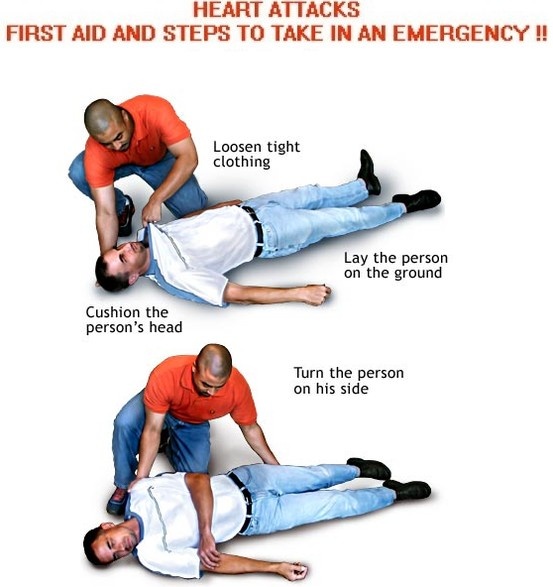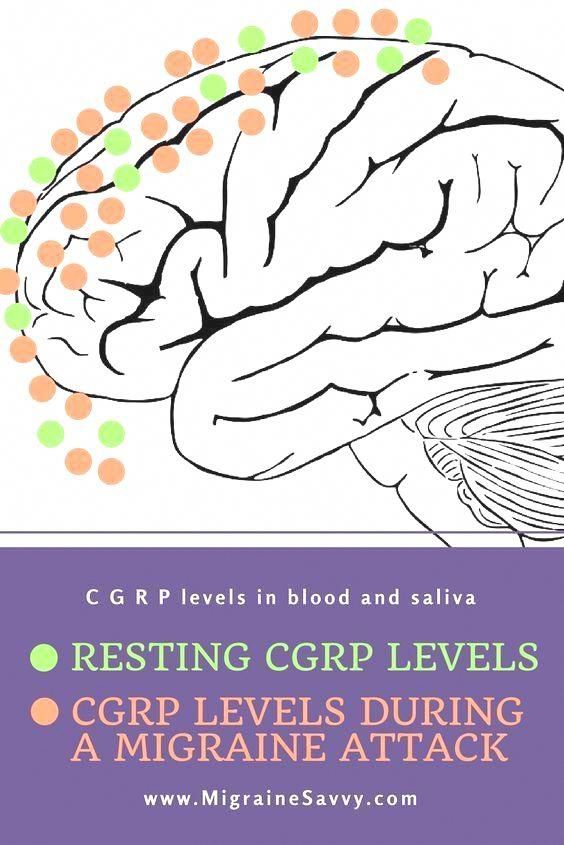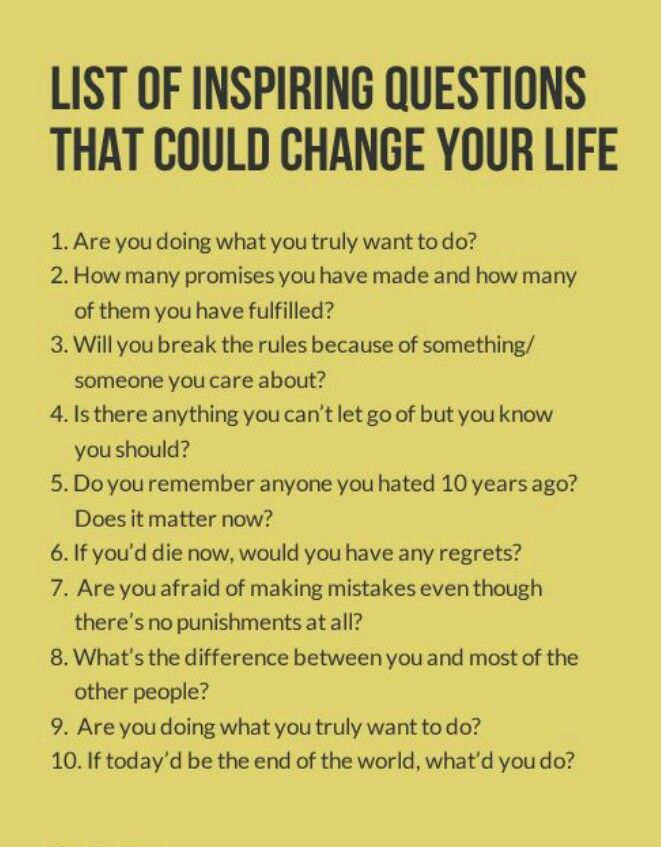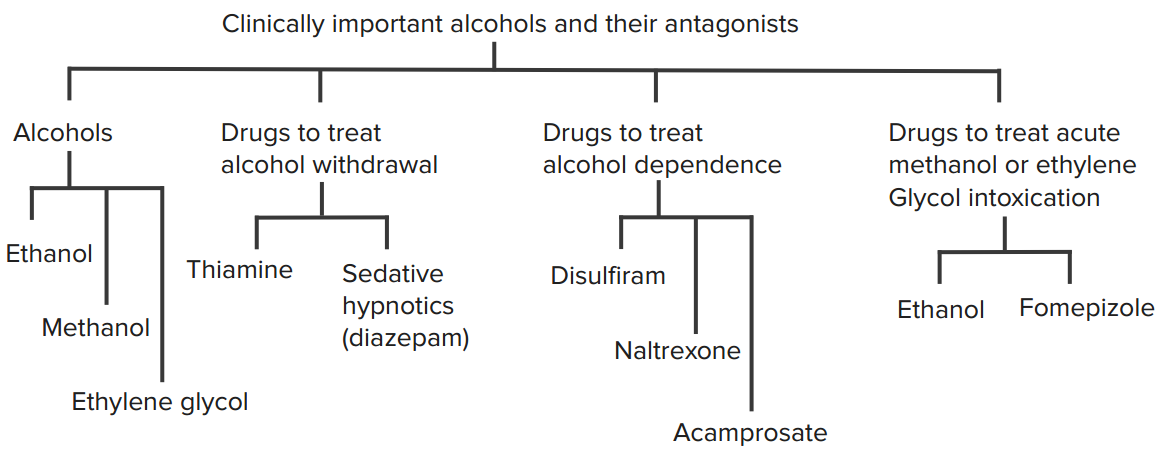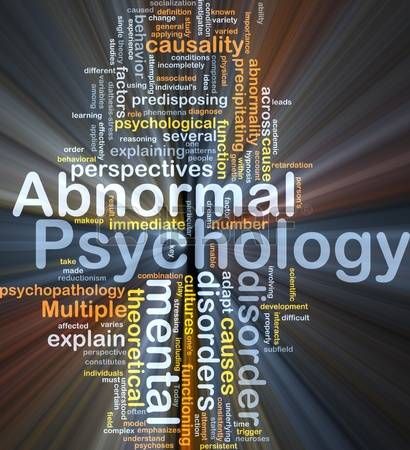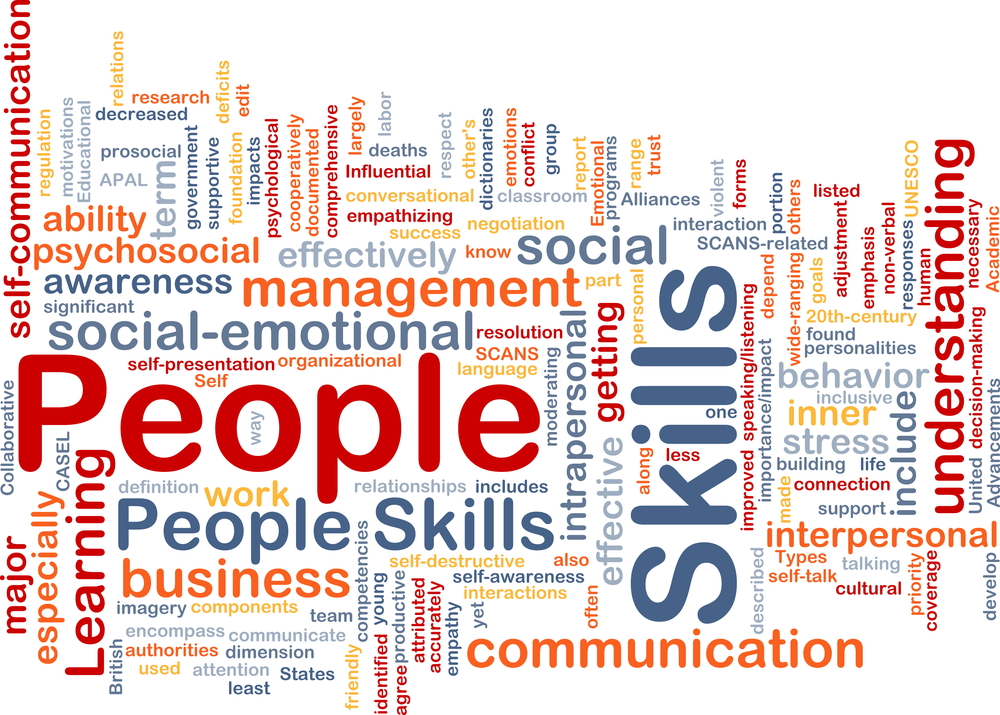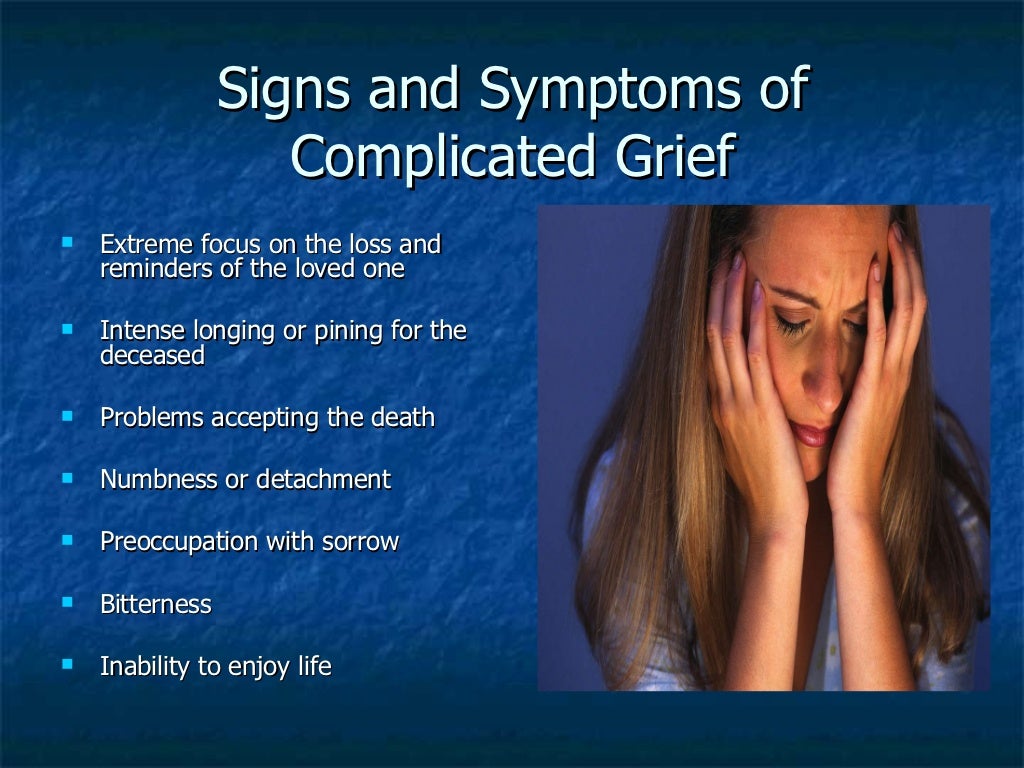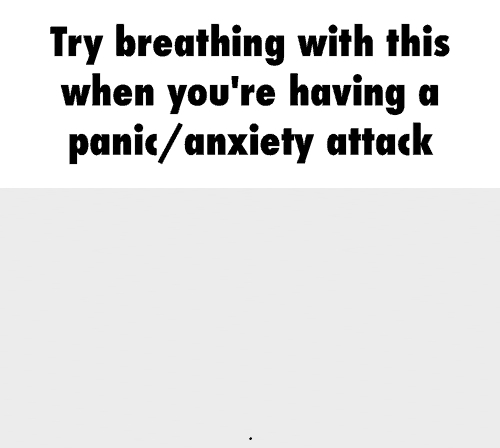How to practice emotional first aid
7 ways to practice emotional first aid |
Psychologist Guy Winch lays out seven useful ways to reboot your emotional health … starting right now.
You put a bandage on a cut or take antibiotics to treat an infection, right? No questions asked. In fact, questions would be asked if you didn’t apply first aid when necessary. So why isn’t the same true of our mental health? We are expected to just “get over” psychological wounds — when as anyone who’s ever ruminated over rejection or agonized over a failure knows only too well, emotional injuries can be just as crippling as physical ones. We need to learn how to practice emotional first aid. Here are 7 ways to do so:
- Pay attention to emotional pain — recognize it when it happens and work to treat it before it feels all-encompassing.
The body evolved the sensation of physical pain to alert us that something is wrong and we need to address it. The same is true for emotional pain. If a rejection, failure or bad mood is not getting better, it means you’ve sustained a psychological wound and you need to treat it.For example, loneliness can be devastatingly damaging to your psychological and physical health, so when you or your friend or loved one is feeling socially or emotionally isolated, you need to take action.
- Redirect your gut reaction when you fail.
The nature of psychological wounds makes it easy for one to lead to another. Failure can often drive you to focus on what you can’t do instead of focusing on what you can. That can then make you less likely to perform at your best, which will make you even more focused on your shortcomings, and on the cycle goes. To stop this sort of emotional spiral, learn to ignore the post-failure “gut” reaction of feeling helpless and demoralized, and make a list of factors that you can control were you to try again. For instance, think about preparation and planning, and how you might improve each of them. This kind of exercise will reduce feelings of helplessness and improve your chances of future success. - Monitor and protect your self-esteem.
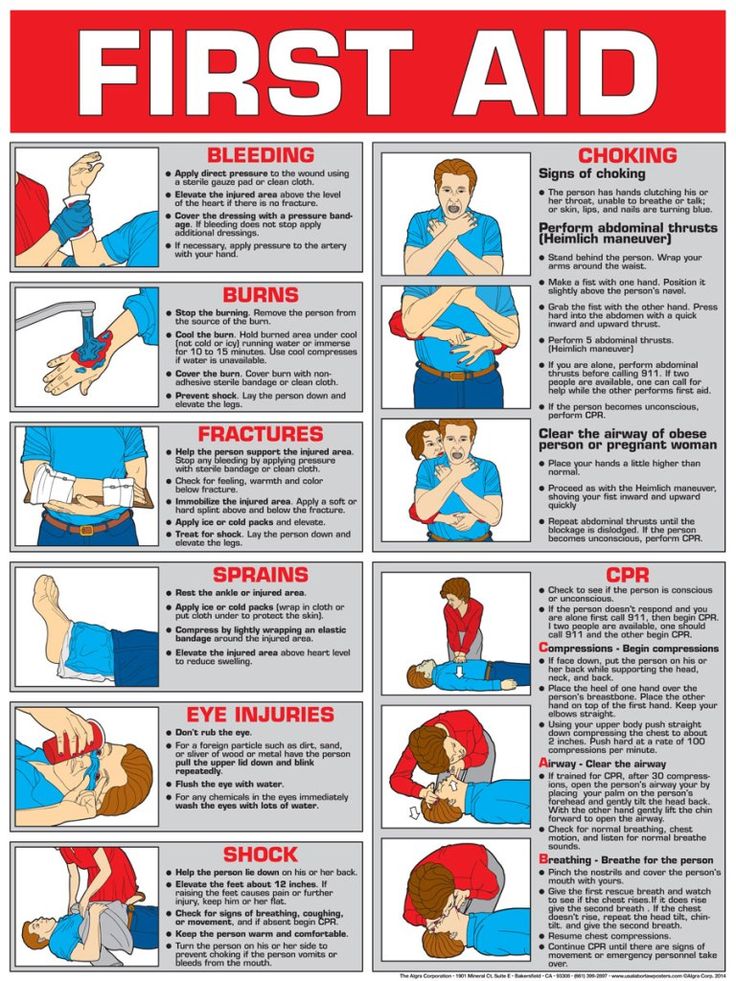 When you feel like putting yourself down, take a moment to be compassionate to yourself.
When you feel like putting yourself down, take a moment to be compassionate to yourself.
Self-esteem is like an emotional immune system that buffers you from emotional pain and strengthens your emotional resilience. As such, it is very important to monitor it and avoid putting yourself down, particularly when you are already hurting. One way to “heal” damaged self-esteem is to practice self-compassion. When you’re feeling critical of yourself, do the following exercise: imagine a dear friend is feeling bad about him or herself for similar reasons and write an email expressing compassion and support. Then read the email. Those are the messages you should be giving yourself. - When negative thoughts are taking over, disrupt them with positive distraction.
When you replay distressing events in your mind without seeking new insight or trying to solve a problem, you’re just brooding, and that, especially when it becomes habitual, can lead to deeper psychological pain.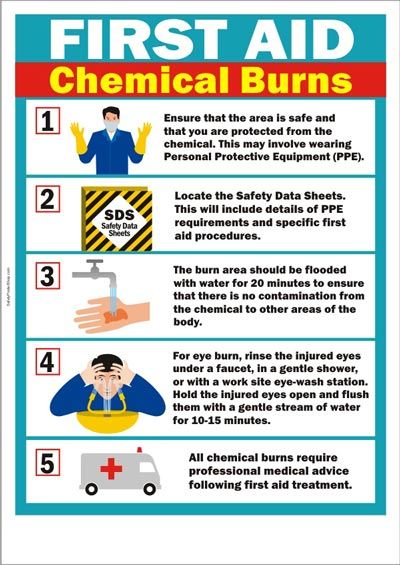 The best way to disrupt unhealthy rumination is to distract yourself by engaging in a task that requires concentration (for example, do a Sudoku, complete a crossword, try to recall the names of the kids in your fifth grade class). Studies show that even two minutes of distraction will reduce the urge to focus on the negative unhealthily.
The best way to disrupt unhealthy rumination is to distract yourself by engaging in a task that requires concentration (for example, do a Sudoku, complete a crossword, try to recall the names of the kids in your fifth grade class). Studies show that even two minutes of distraction will reduce the urge to focus on the negative unhealthily. - Find meaning in loss.
Loss is a part of life, but it can scar us and keep us from moving forward if we don’t treat the emotional wounds it creates. If sufficient time has passed and you’re still struggling to move forward after a loss, you need to introduce a new way of thinking about it. Specifically, the most important thing you can do to ease your pain and recover is to find meaning in the loss and derive purpose from it. It might be hard, but think of what you might have gained from the loss (for instance, “I lost my spouse but I’ve become much closer to my kids”). Consider how you might gain or help others gain a new appreciation for life, or imagine the changes you could make that will help you live a life more aligned with your values and purpose.
- Don’t let excessive guilt linger.
Guilt can be useful. In small doses, it alerts you to take action to mend a problem in your relationship with another person. But excessive guilt is toxic, in that it wastes your emotional and intellectual energies, distracts you from other tasks, and prevents you from enjoying life. One of the best ways to resolve lingering guilt is to offer an effective apology. Yes, you might have tried apologizing previously, but apologies are more complex than we tend to realize. The crucial ingredient that every effective apology requires — and most standard apologies lack — is an “empathy statement.” In other words, your apology should focus less on explaining why you did what you did and more on how your actions (or inactions) impacted the other person. It is much easier to forgive someone when you feel they truly understand. By apologizing (even if for a second time), the other person is much more likely to convey authentic forgiveness and help your guilt dissolve.
- Learn what treatments for emotional wounds work for you.
Pay attention to yourself and learn how you, personally, deal with common emotional wounds. For instance, do you shrug them off, get really upset but recover quickly, get upset and recover slowly, squelch your feelings, or …? Use this analysis to help yourself understand which emotional first aid treatments work best for you in various situations (just as you would identify which of the many pain relievers on the shelves works best for you). The same goes for building emotional resilience. Try out various techniques and figure out which are easiest for you to implement and which tend to be most effective for you. But mostly, get into the habit of taking note of your psychological health on a regular basis — and especially after a stressful, difficult, or emotionally painful situation.
Yes, practicing emotional hygiene takes a little time and effort, but it will seriously elevate your entire quality of life. I promise.
I promise.
See Guy Winch’s TED Talk, Why we all need to practice emotional first aid. Featured image via iStock.
Emotional First Aid
Ouch, that hurt!
We wouldn’t think twice about grabbing a bandage for our burned finger or getting a cast for our teen’s arm due to their epic skateboarding mishap. So why don’t we use first aid for our mental health?
Anyone who’s struggled with a painful heartbreak or the death of a loved one knows that emotional injuries can be just as crippling as physical ones.
Psychologist Guy Winch, author of Emotional First Aid, recommends some ways to practice this special kind of first aid:
- Recognize when you’re in emotional pain. Physical pain is the body’s way of telling us that something is wrong. This goes for emotional pain as well. If you experienced a rejection, failure or some other life tribulation that you just can’t get over, then you need to pay attention to that emotional injury.
 Believe it or not, it won’t go away if you simply ignore it. Psychological wounds often manifest as physical symptoms such as headaches and illnesses. Reach out to others for support and find additional ways to relieve this pain. Try journaling to help get out all those nasty feelings.
Believe it or not, it won’t go away if you simply ignore it. Psychological wounds often manifest as physical symptoms such as headaches and illnesses. Reach out to others for support and find additional ways to relieve this pain. Try journaling to help get out all those nasty feelings. - Be gentle and compassionate with yourself. Thoughts like “I’m so stupid” or “I just can’t get anything right” drag down your self-esteem and make it more difficult to be emotionally resilient. Show yourself some compassion. You wouldn’t let your loved ones or friends beat themselves up while they were down, so don’t do it to yourself. Change what you tell yourself by substituting a negative remark with a positive one. Try writing or texting yourself supportive things to help build your self-compassion.
- Distract yourself from rumination. Repeatedly replaying distressing events in your mind is not a helpful way to heal from emotional wounds. The best way to disrupt unhealthy rumination is to distract yourself by doing something positive.
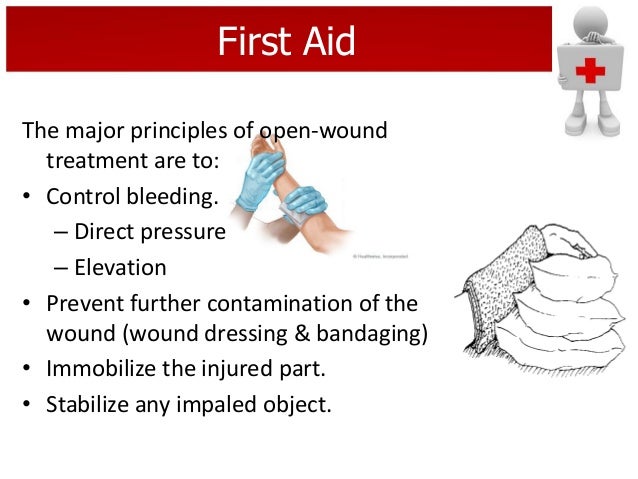 One thing you can do is to engage in something that requires concentration, such as completing a crossword or playing a game on an electronic device. Physical exercise is another way to distract yourself from ruminating. Take a walk or a run to help clear out that cluttered mind. Even just a few minutes of distraction will reduce your negative focus.
One thing you can do is to engage in something that requires concentration, such as completing a crossword or playing a game on an electronic device. Physical exercise is another way to distract yourself from ruminating. Take a walk or a run to help clear out that cluttered mind. Even just a few minutes of distraction will reduce your negative focus. - Redefine your view of failure. Failing to reach a desired goal (or whatever else you may deem as failure) compels you to focus on what you can’t do instead of what you can do. Don’t dwell on your shortcomings; it only perpetuates your self-criticism. Learn to ignore that negative voice of helplessness. Make a list of what you could control and change if you were to try again. This will reduce your feelings of powerlessness and improve your chances of future success. Persistence is the key to overcoming failure. Henry Ford said it best: “Whether you think you can or you think you can’t, you’re right.”
- Find meaning in loss.
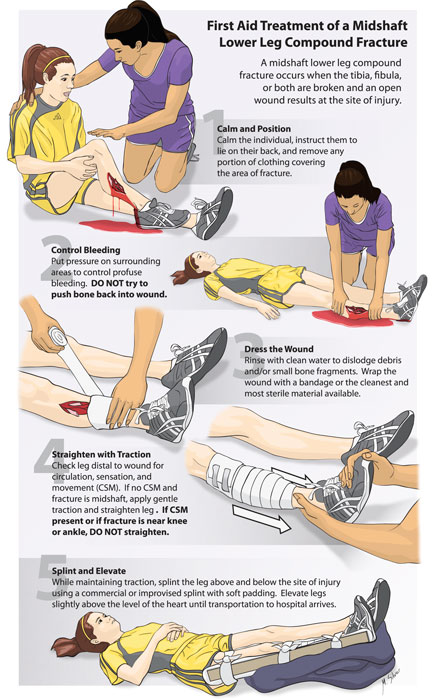 Loss often is seen as the passing away of a loved one, but it can also be a loss of something else significant to us (such as a job or a relationship). Loss can leave deep scars and keep us from moving forward in our lives. One of the most important things you can do to ease this pain is to find meaning in the loss and reframe your thinking about it. Think about what you’ve gained from the experience and what you could change to add more purpose and meaning to your life. Supporting and helping others who may have experienced a similar loss may also lessen this pain.
Loss often is seen as the passing away of a loved one, but it can also be a loss of something else significant to us (such as a job or a relationship). Loss can leave deep scars and keep us from moving forward in our lives. One of the most important things you can do to ease this pain is to find meaning in the loss and reframe your thinking about it. Think about what you’ve gained from the experience and what you could change to add more purpose and meaning to your life. Supporting and helping others who may have experienced a similar loss may also lessen this pain.
Pay attention to your psychological health on a regular basis, especially after a difficult, stressful, or emotionally painful situation. Make it a habit to use the healing tools of Emotional First Aid and it will help you gain a healthier and more positive outlook on your life.
Reference
Winch, G. (2014). Emotional First Aid: Healing Rejection, Guilt, Failure and Other Everyday Hurts. New York: Plume – Penguin Group.
New York: Plume – Penguin Group.
7 Ways to Give Yourself Emotional Emergency Help
July 20, 2022 Motivation
These skills are as important as the ability to apply a tourniquet or perform artificial respiration.
We always cover a cut with a Band-Aid or take antibiotics to treat an infection. No questions asked, right? On the contrary, questions arise if someone does not do this. It seems strange to us not to provide first aid.
Then why don't we treat our mental health with the same care? And it is believed that one day we must naturally “overcome” all our spiritual wounds. Although, if you've ever been rejected or suffered a major setback, you know that emotional trauma is just as crippling as physical trauma. nine0003
Each of us needs to learn the skills of emotional first aid. This can be done in several ways.
1. Learn to notice emotional pain
Physical pain warns us that something is going wrong in the body and we need to deal with it as soon as possible. Emotional pain works the same way. If the feeling of rejection, sadness from failure, or bad mood does not go away, then you have a psychological wound inside that needs to be “healed”. nine0003
Emotional pain works the same way. If the feeling of rejection, sadness from failure, or bad mood does not go away, then you have a psychological wound inside that needs to be “healed”. nine0003
Loneliness, for example, can be devastating to mental and physical health. Therefore, if you, one of your friends or loved ones feels social or emotional isolation, you need to think about how to get out of this situation.
2. Cope with failure
Due to its nature, one psychological wound can easily lead to another. For example, after failure, we often focus on what we cannot do, rather than what we can do. Because of this, it is difficult for us to show good results, we begin to worry even more about mistakes and fall into a vicious circle. nine0003
To prevent an emotional spiral, learn to ignore the first reaction to failure, namely feelings of helplessness and moral decline. Instead, make a list of everything you can control if you try again. Analyze the level of your preparation and action plan and try to improve them. This will get rid of the feeling of helplessness and increase the chances of future success.
This will get rid of the feeling of helplessness and increase the chances of future success.
Take note 😊
- The Super Mario Effect: A simple trick that will help you not dwell on failures
3. Watch for fluctuations in self-esteem
This is a kind of psychological immune system that protects us from internal pain and strengthens emotional endurance. That is why it is so important to carefully monitor self-esteem and try not to offend yourself, especially if you are already in pain. nine0003
One way to "cure" broken self-esteem is to practice self-compassion. When you start criticizing yourself, do a simple exercise. Imagine that your friend is experiencing the same problems, and write him a letter with words of sympathy and support. Then read this message. These are the words you should say to yourself.
4. Distracting Yourself from Negative Thoughts
When you replay negative events in your head without any purpose, such as learning something new or trying to solve a problem, it quickly becomes a habit.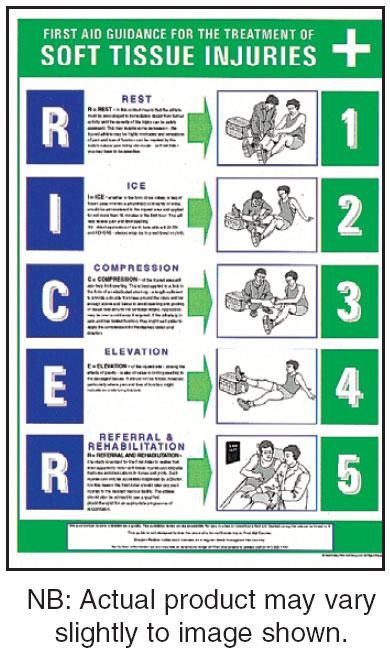 And it, in turn, can lead to deep psychological trauma. nine0003
And it, in turn, can lead to deep psychological trauma. nine0003
The best way to interrupt such thoughts is to distract yourself with a task that requires maximum concentration. For example, solve Sudoku. Two minutes of switching to a new business - and you no longer want to return to the negative so much.
Understand 😵
- Why do we wind ourselves up and how to stop doing it
5. Find meaning in losses
Losses are part of life. However, they can leave scars and keep us from moving forward if we don't heal the emotional wounds that come with them.
If a lot of time has passed and you still can't recover from a loss, you need to look at it differently. The most important thing you can do to ease the pain and get on the path to healing is to find meaning and purpose in your loss. It's difficult, but think about what you gained from this event. nine0003
For example, you lost your job. But now you have the opportunity to reconsider what you really want to do. Think about how you can begin to enjoy life again and what changes will allow you to live in accordance with your values.
Think about how you can begin to enjoy life again and what changes will allow you to live in accordance with your values.
6. Dealing with Guilt
Sometimes it's good to feel guilty. In small doses, guilt alerts us when it's time to act and solve problems in relationships with other people. However, excessive guilt is toxic and dangerous. It takes emotional and intellectual energy, distracts us from other tasks and prevents us from enjoying life. nine0003
One of the most powerful ways to deal with residual guilt is to apologize effectively. Yes, you've probably already asked for forgiveness, but an effective apology is a much more complicated process. It requires a so-called sympathy statement. In other words, an apology should not be based on explaining why you acted the way you did, but on how your action or inaction affected the other person. This will help him forgive you, and you can finally get rid of guilt. nine0003
7. Find out what works for you
Listen to yourself and analyze how you personally deal with emotional wounds.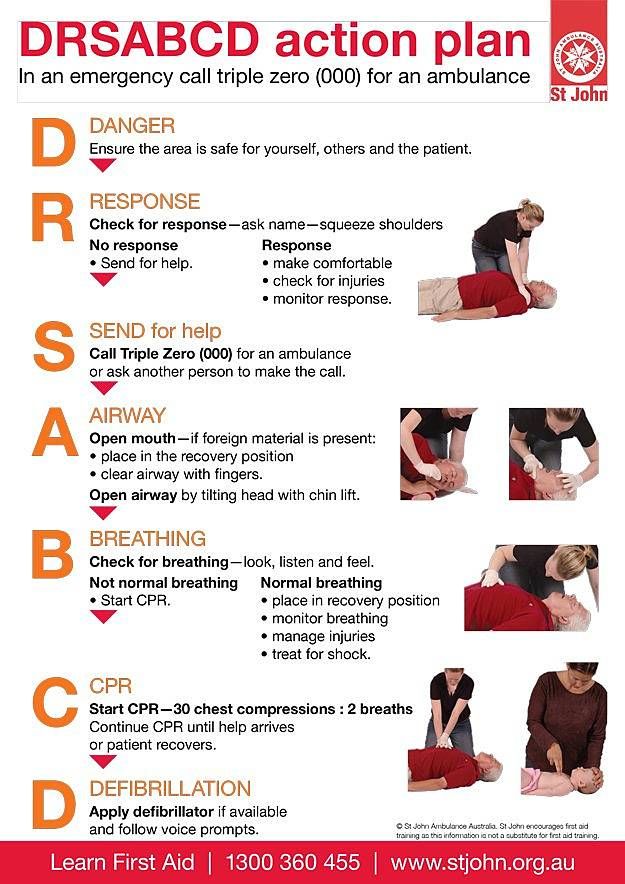 Do you brush them off and try not to think about anything? Do you immediately get very worried, but then quickly move away? Or spend weeks thinking about what you did wrong? Use the answers to help you figure out which Emotional Emergency Techniques are right for you in different situations.
Do you brush them off and try not to think about anything? Do you immediately get very worried, but then quickly move away? Or spend weeks thinking about what you did wrong? Use the answers to help you figure out which Emotional Emergency Techniques are right for you in different situations.
Think of it as physical pain. You probably have proven pills that you take when your head or stomach hurts. Find the same remedy for emotional pain. nine0003
The same goes for developing emotional stability. Check in with your mental health regularly, especially after difficult stressful situations. Find techniques that work and learn to help yourself.
Yes, the practice of emotional hygiene takes time and effort, but it greatly improves the quality of life in general.
Read also 🧐
- What is emotional fragility and how to live with it
- 5 questions to help deal with strong emotions
- Why negative emotions are needed and why they should not be blocked
Speakers of the TED conference on mental health, psychological problems that spoil our lives and hinder our development
Every person striving for development is already clearly familiar with the TEDx channel.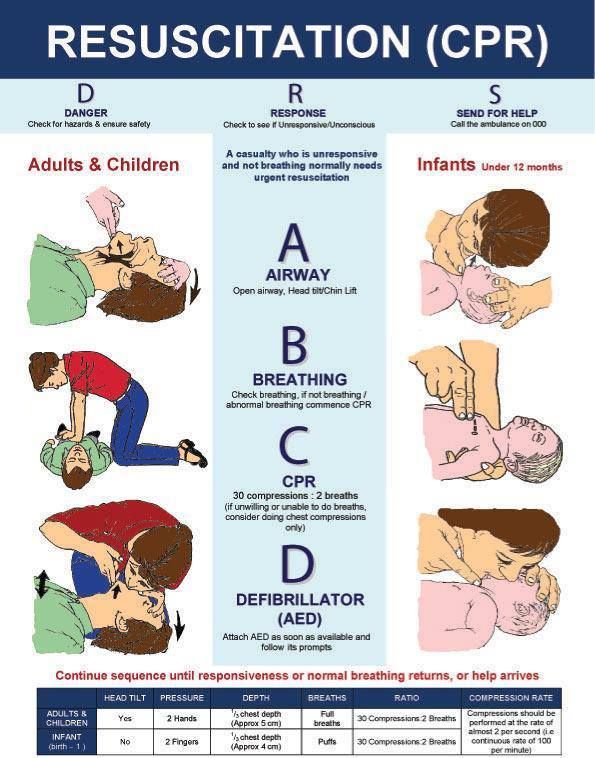 Or be glad to discover it for yourself. TED (Technology Entertainment Design - Technology Entertainment Design) - a project dedicated to ideas worth spreading. The creators and followers of TED believe passionately in the power of an idea to change relationships, lives, and the world at large. We will now be borrowing ideas from the TED stage and sharing them with you. nine0003
Or be glad to discover it for yourself. TED (Technology Entertainment Design - Technology Entertainment Design) - a project dedicated to ideas worth spreading. The creators and followers of TED believe passionately in the power of an idea to change relationships, lives, and the world at large. We will now be borrowing ideas from the TED stage and sharing them with you. nine0003
Grade
- 4.5 out of 5 possible based on 2 votes
You probably know how to give first aid to a person who cut off half his arm, got hit by a car, or swallowed pills. But do you know how to provide emergency emotional help? At least to himself? We would like to remind you today about the importance of working on your thoughts, feelings and sensations.
Before you bother with eliminating sugar, milk, and gluten from your diet, it's important to get rid of the endless stream of toxic, degrading, and disturbing thoughts. This is what is the real poison, which, despite our diet, slowly destroys us from the inside. nine0092
nine0092
Guy Winch
- When people take my business card, I hear: "Oh, psychologist, of course, not a real doctor." To be honest, that's what it says.
“We demonstrate the superiority of our relationship to the body over the relationship to the mind. - states Guy Winch in his lecture "Why Everyone Should Practice Emotional Emergency Aid" - I see it everywhere. Once, I was visiting friends, and became an eyewitness to the situation: there are 9 of them-year-old son was getting ready for bed, he stood on a chair and brushed his teeth. Staggering, he fell and hurt his leg. The boy cried for a minute, but then climbed back into his chair, opened the medicine cabinet, and took out a bandage. Yes, he must have been in pain, but he knew he had to cover the wound to keep it from getting infected. And yes, you need to take care of your oral hygiene and brush your teeth twice a day. We all know how to take care of our body and how to provide emergency physical care from the age of 5. But what do we know about how to provide psychological assistance? Nothing. Do we teach this to children? Although we get psychological damage more often than physical. What about failures, setbacks, rejections, loneliness? Ignoring these injuries can also worsen our condition in the future, like an untreated wound on a leg. nine0092
But what do we know about how to provide psychological assistance? Nothing. Do we teach this to children? Although we get psychological damage more often than physical. What about failures, setbacks, rejections, loneliness? Ignoring these injuries can also worsen our condition in the future, like an untreated wound on a leg. nine0092
Amy Morin
In her talk, "The Secret of a Mentally Strong Man," Amy Morin talks about what our bad habits can cost us. How often do you complain? Of course, a bus that has left in front of your nose is a good reason to feel sorry for yourself and ask your favorite question: “Why me again?”.
Amy's story begins beautifully and is not interesting: at the age of 23, she had everything - she graduated from university, found a job, got married and had a new home. What more could you wish for. But everything changed one day: Amy's mother was found unconscious.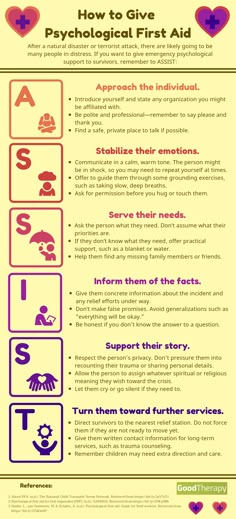 There were no visible prerequisites, but within 24 hours, the woman who began each day with the words “Something wonderful will happen today” died. nine0003
There were no visible prerequisites, but within 24 hours, the woman who began each day with the words “Something wonderful will happen today” died. nine0003
It took Amy a long time to recover from what happened - mother and daughter were very close. On the day of the third death anniversary, Amy and her husband were invited to a basketball game. By chance, the game was played in the place where Amy had last seen her mother the day before she died. It was difficult to accept the invitation, but her husband encouraged her to respond positively: “I think this is a great opportunity to honor her memory.”
The couple did not regret the decision - they had a great time, and when they returned home, they only talked about how wonderful it was to visit this place again. But, everything was not so good, and the story of Amy's psychological recovery is not over yet. nine0003
Moments later, the husband's good mood gave way to a bad state of health.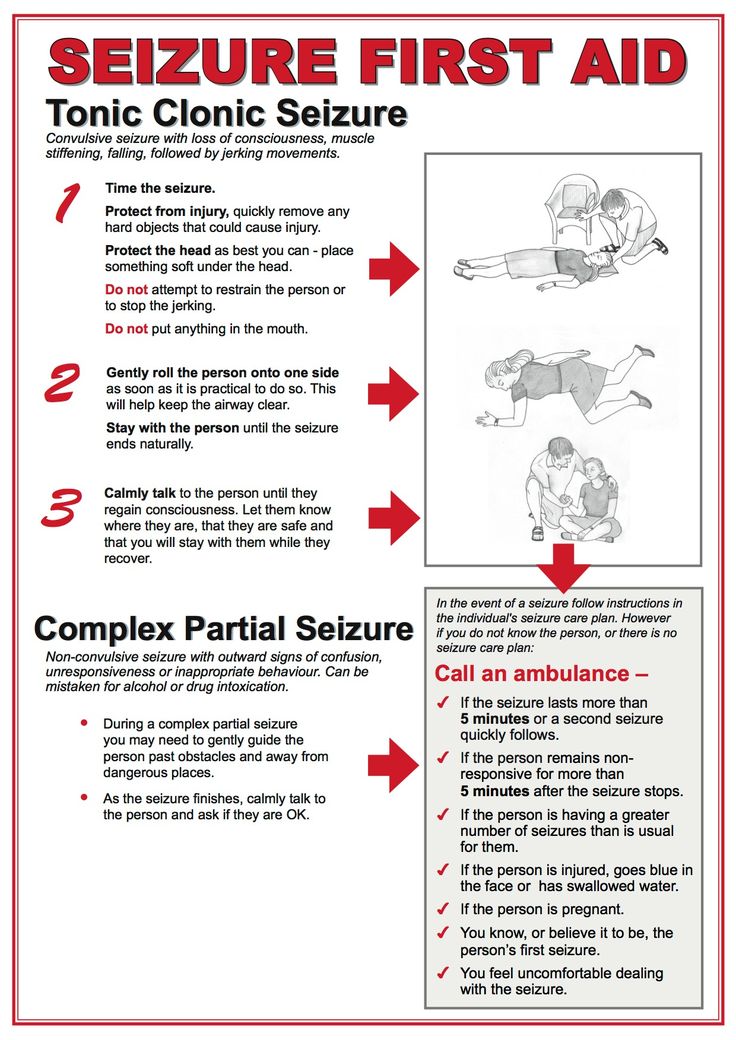 Ambulance - waiting, long for eternity - the news of death, due to a heart attack.
Ambulance - waiting, long for eternity - the news of death, due to a heart attack.
So Amy is alone. A 26-year-old widow with no mother to turn to for support. “2-3 good habits are not enough to get through a difficult period. I worked hard to not only acquire good habits, but also to say goodbye to bad ones. I knew good times would come. – shares Amy Morin at the TED conference – Some time passed, I met Steve, we got married and sold my old house, bought a new one. New territory, new job… »
"I didn't have time to breathe new life into my chest when Steve died of cancer."
Amy knew she needed more mental strength than she had to deal with yet another loss. She made a list of things strong-willed people never do. Not wasting time feeling sorry for yourself is what Amy decides. Don't shy away from responsibility, don't shy away from change, and don't focus on things you can't control. The last decision helped Amy forgive herself and realize that it was not her fault for what happened.